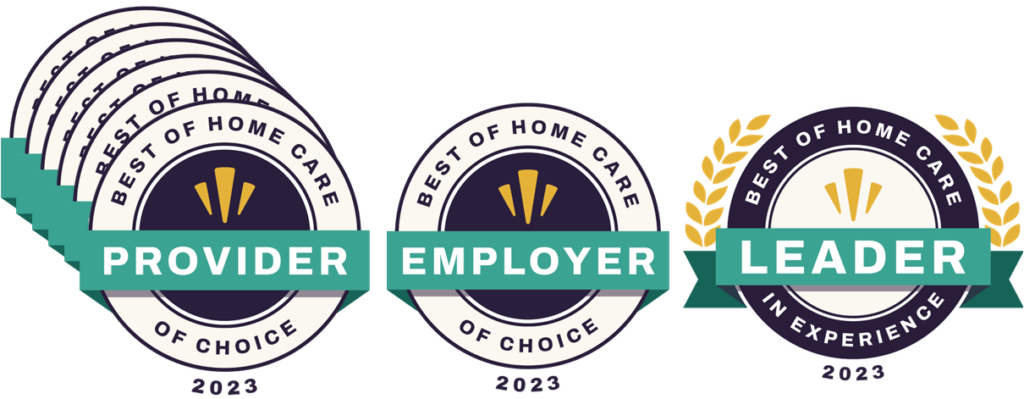Keeping track of weight is paramount for the elderly as it serves as a crucial indicator of overall health and wellbeing. With advancing age, maintaining a healthy weight becomes increasingly essential for preventing chronic diseases, preserving mobility, and enhancing quality of life. Regular weight monitoring empowers both seniors and caregivers to make informed decisions about diet, exercise, and medical interventions. Here’s why tracking weight is important for the elderly, along with good habits for weight management and interpreting changes over time.
Importance of Weight Monitoring:
- Early Detection of Health Issues: Fluctuations in weight can signal underlying health conditions such as malnutrition, dehydration, or chronic illnesses like diabetes or heart disease. By monitoring weight regularly, caregivers and healthcare professionals can identify and address these issues promptly.
- Medication Management: Certain medications can cause weight gain or loss as a side effect. Monitoring weight allows healthcare providers to adjust medications as needed to minimize adverse effects and optimize treatment outcomes.
- Nutritional Assessment: Weight changes provide valuable insights into nutritional status. For the elderly, maintaining adequate nutrition is crucial for preventing muscle loss, frailty, and immune system impairment. Regular weight monitoring helps identify deficiencies and ensures appropriate dietary interventions.
- Mobility and Independence: Excessive weight gain can exacerbate joint pain and mobility issues, while unintended weight loss may indicate muscle wasting and weakness. By maintaining a healthy weight, seniors can preserve their independence and mobility, reducing the risk of falls and functional decline.
Good Weight Tracking Habits:
- Consistency: Weighing at the same time of day, preferably in the morning before eating or drinking, ensures consistent measurements.
- Accuracy: Use a reliable scale and wear minimal clothing for accurate readings. Remove shoes and heavy items from pockets before weighing.
- Record Keeping: Maintain a log of weight measurements, noting the date and any relevant factors such as changes in diet, activity level, or medication.
- Consultation: Discuss weight trends with healthcare providers regularly to assess progress, address concerns, and modify interventions as necessary.
Interpreting Changes in Weight Over Time:
- Gradual Changes: Small fluctuations in weight are normal and may reflect variations in hydration, digestion, or activity level.
- Sudden Weight Gain: Rapid weight gain may indicate fluid retention, heart failure, or kidney problems, necessitating medical evaluation.
- Unintended Weight Loss: Significant and unexplained weight loss can signal malnutrition, underlying illness, or depression, requiring prompt attention and intervention.
- Stable Weight: Maintaining a stable weight within a healthy range is generally indicative of good overall health and effective management of diet and lifestyle factors.
In conclusion, monitoring weight is a vital aspect of health management for the elderly. By adopting good weight tracking habits and understanding how to interpret changes over time, seniors and their caregivers can proactively address health issues, optimize nutritional status, and maintain independence and wellbeing in later life.

